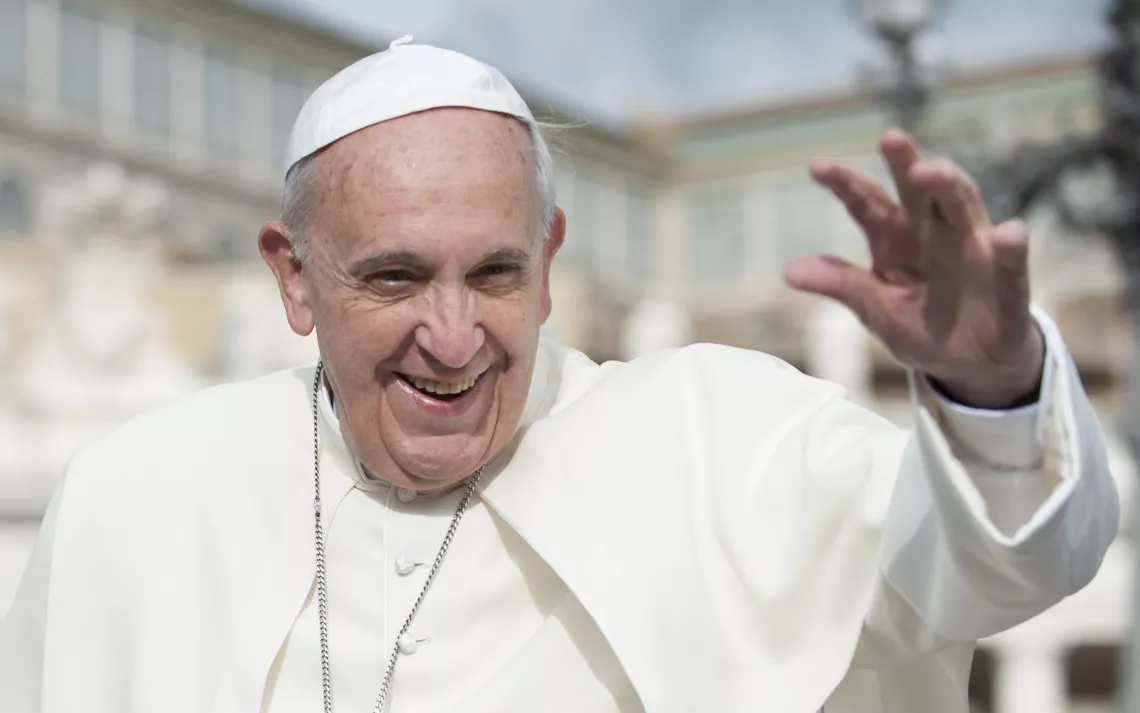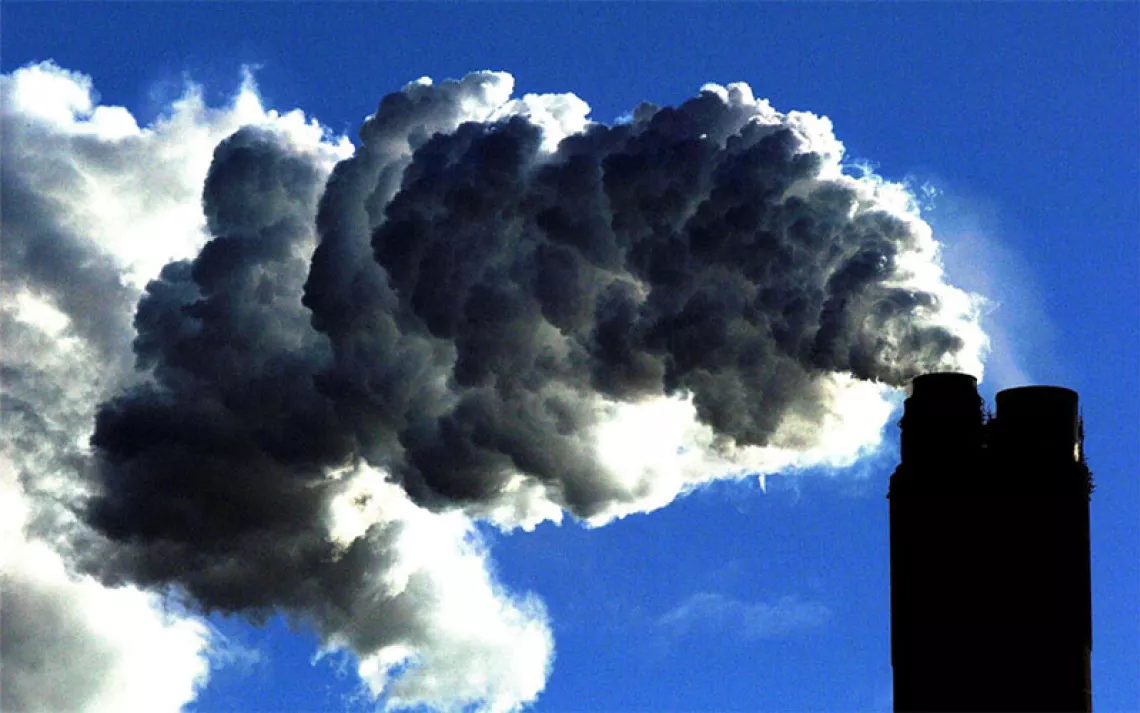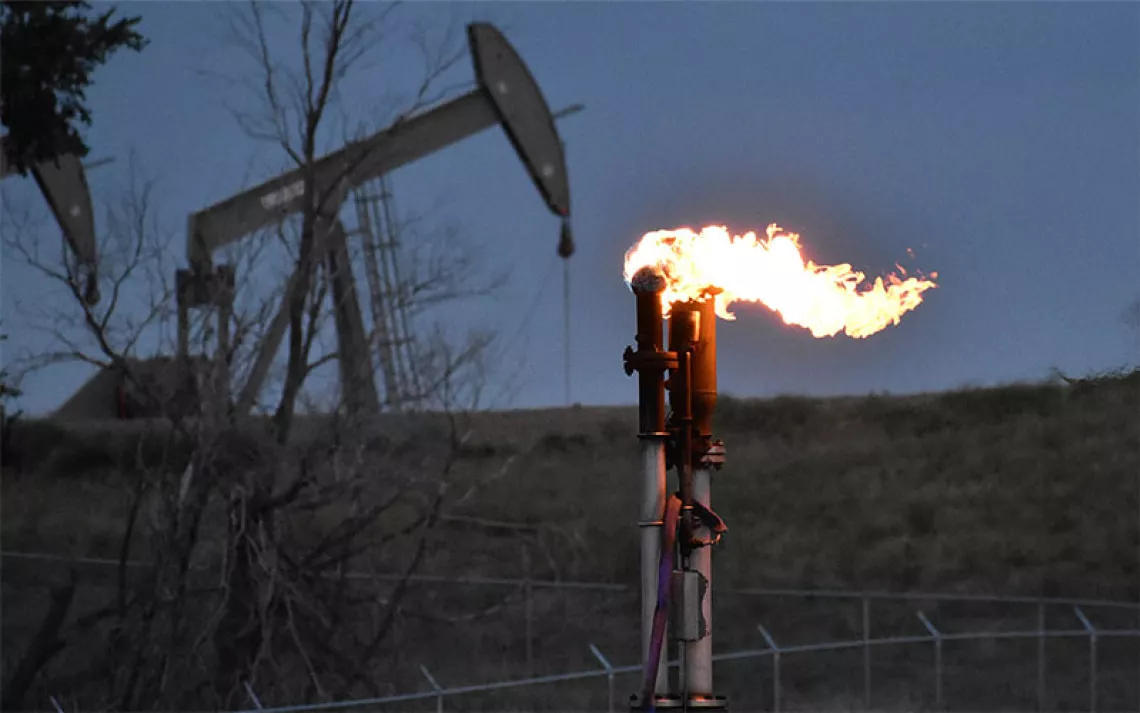Hey Mr. Green, What's Your Take on the Pope's Environmental Position?

Photo by iStock/Neneos
Hey Mr. Green,
What’s your (infallible, or so you no doubt imagine) take on the Pope’s environmental position?
—Thomas, in San Francisco, California
At the risk of committing the sin of pride, which is widely regarded as the most heinous of the seven deadlies, I’m elated to say that His Holiness is closely aligned with Sierra magazine. I’m guessing that he may even be an avid reader of Sierra, something I hope to confirm on my upcoming visit to the Vatican.
Back in 1998, Sierra published a special issue on religion and the environment. We covered everything from Protestants struggling for environmental justice in Louisiana in the pre-Katrina era to the National Council of Churches’ declaration on global warming to the Redwood Rabbis’ efforts to stop deforestation to the role of evangelical Christians in heading off an effort to whack the Endangered Species Act. We noted the environmental concerns of Orthodox patriarch Bartholomew and Pope John Paul II’s “emphatic environmental teachings.” We pointed to the work of the National Religious Partnership for the Environment, an environmental network of Protestants, Jews, and Catholics.
In strictly literal terms, I don’t think that Pope Francis has said anything radically different from these groups, or from the two previous popes. The difference lies in his passionate and poetic style. (The title of his encyclical is from a poem by his patron saint.) Interestingly, the lead article in the magazine lamented the loss of passion and poetry in the modern environmental movement and said “expressions of humility and awe have faded from environmental language.” The author, Trebbe Johnson, quoted some of John Muir’s rhapsodic language as well as Rachel Carson’s unabashed "Those who contemplate the beauty of the earth find reserves of strength that will endure as long as life lasts." Johnson observed, “Ecstasy like Muir's is a little embarrassing to professional environmentalists trained to experience the natural world in more scientific terms.”
This loss was acknowledged by another Pope, the Sierra Club's then executive director Carl Pope, who said, “The environmental movement for the past quarter of a century has made no more profound error than to misunderstand the mission of religion and the churches in preserving the Creation." He noted that the environmental movement dwelled less on values in the 1980s and ’90s because it assumed that "the public had decided it wanted to protect the environment. Our job of convincing them was done and now we had to make policy changes. This was a big mistake." Pope noted the Greek Orthodox concept of sin as intellectual blindness and said, "I stand here to confess that sin."
Environmentalists have not succeeded in evangelizing the public to the degree that we assumed, which is evident in the denial of global warming and the many attacks on the environmental movement, environmental laws, and the EPA. Science by itself is not enough, as we see in the adamant denial of climate change science. We also have to appeal to the heart, with passion, poetry, and our faith, whatever it may be. —Bob Schildgen
 The Magazine of The Sierra Club
The Magazine of The Sierra Club







